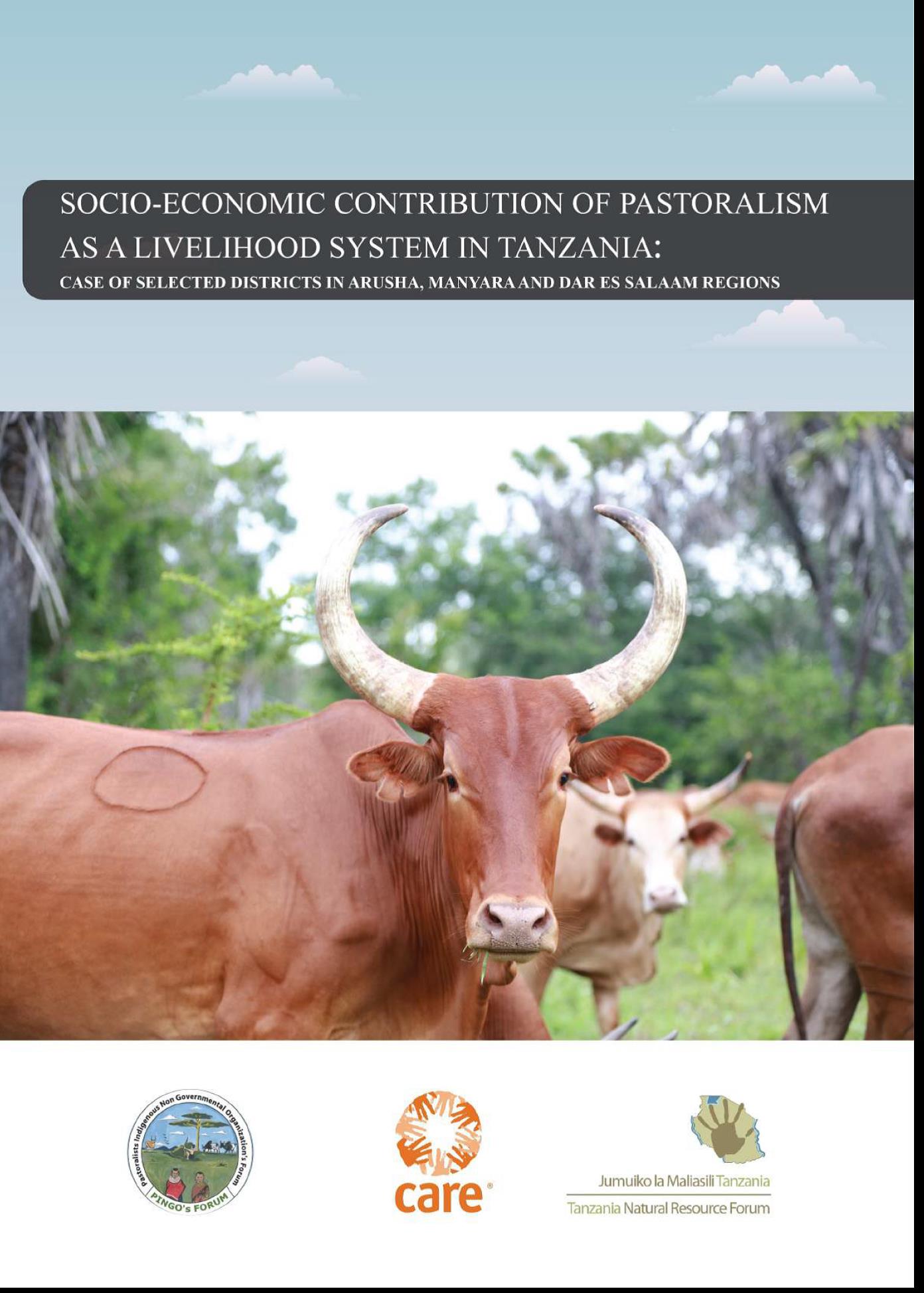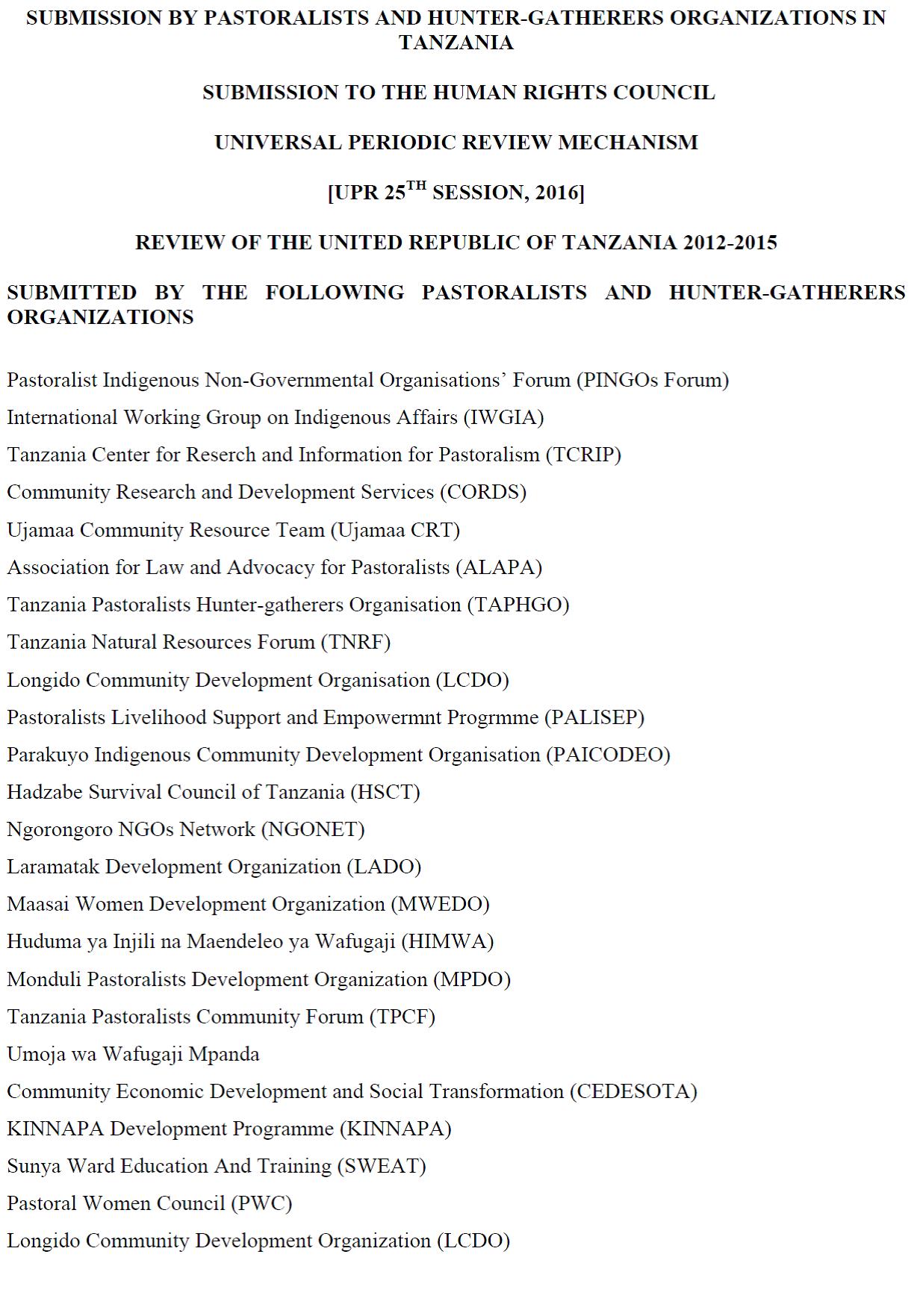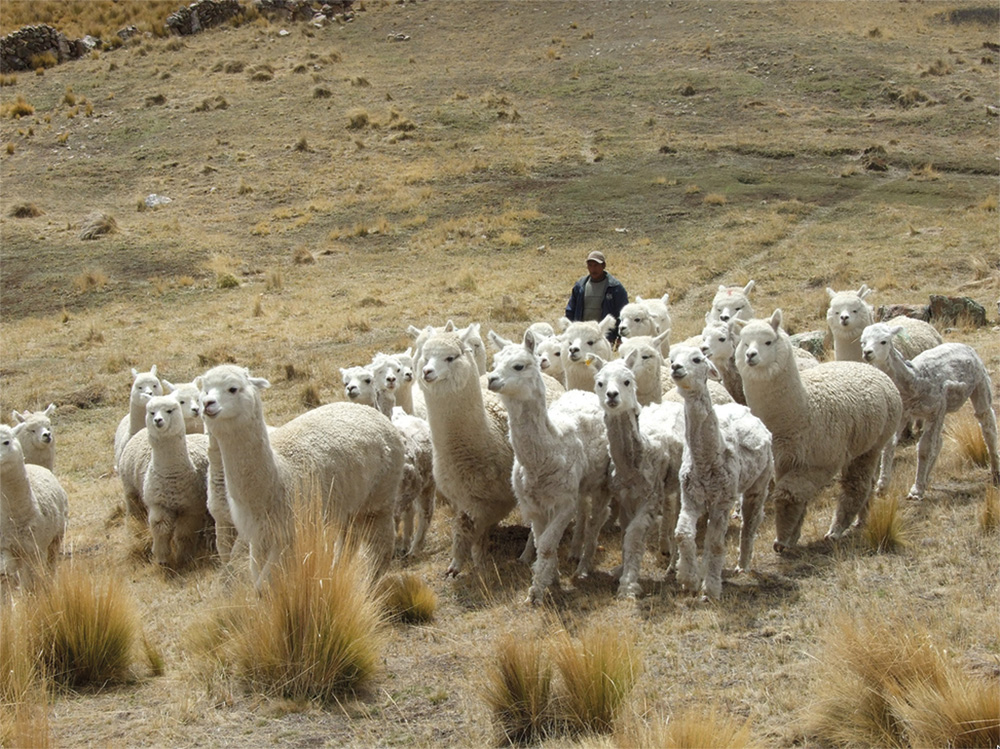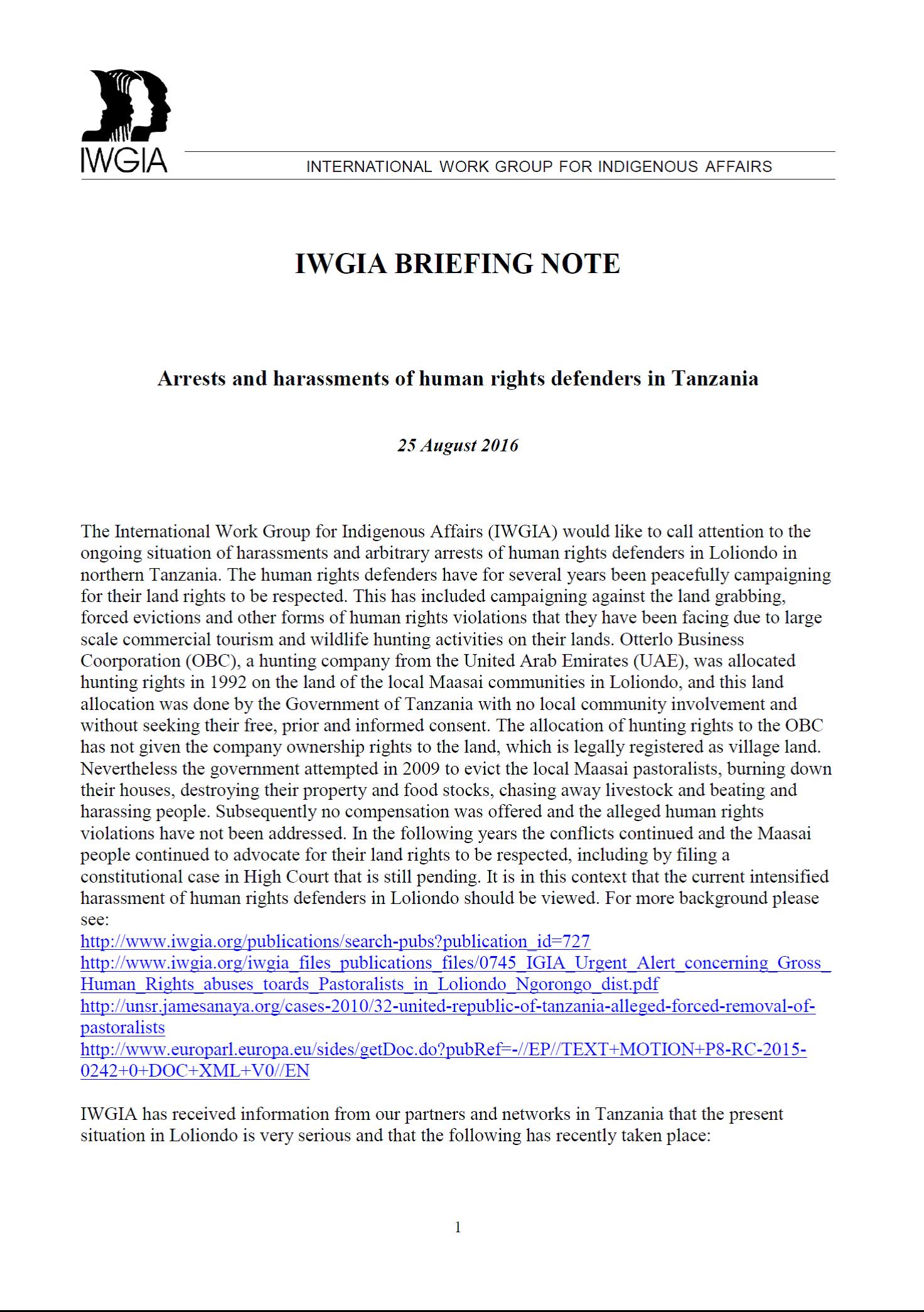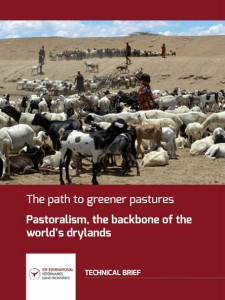Soci0-Economic Contribution of Pastoralism as a Livelihood System in Tanzania
Tanzania is endowed with numerous resources including livestock. It is number three country in Africa in terms of livestock population after Ethiopia and Sudan. Currently, the country (Tanzania) has more than 22 million livestock, of which at least 95% are indigenous animals kept under traditional livelihood model known as indigenous pastoralism. At least 70% of Tanzanians earn their living through agro-pastoralism whereby around 40% of them entirely practices indigenous pastoralism.

